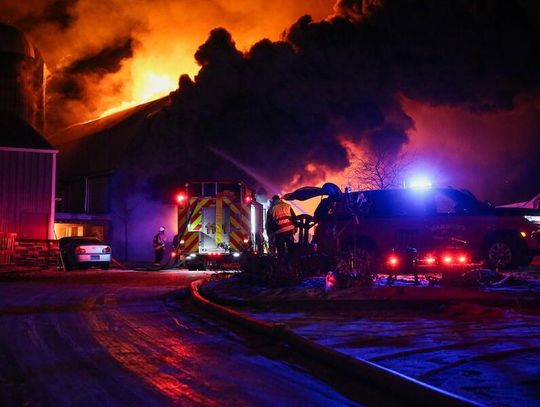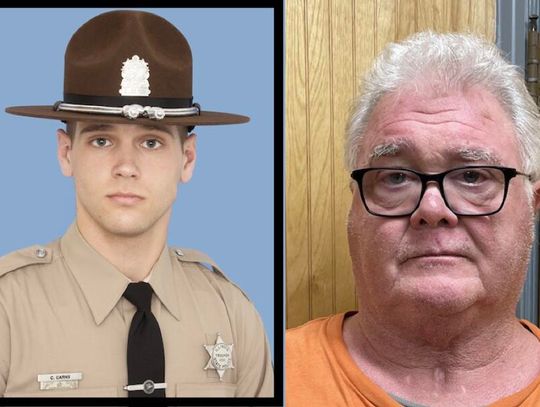The floodwaters from last year’s hurricanes receded months ago, but their wrath could still affect used car buyers across the nation. That’s because storm-damaged cars are sometimes cleaned up and taken out of state for sale. You might not know a vehicle is damaged until you take a closer look or have a mechanic check it out.
Here’s what to do:
Look for water stains, mildew, sand, or silt under the carpet, floor mats, and dashboard, and in the wheel well where the spare is stored. Look for fogging inside the headlights and taillights. New carpet or upholstery in an older vehicle may be another red flag.
Do a smell test. A heavy aroma of cleaners and disinfectants is a sign that someone’s trying to mask a mold or odor problem.
Get a vehicle history report from a database service. There are reliable services that charge a small fee. The National Insurance Crime Bureau’s (NICB) free database lists flood damage and other information. But take note: NICB reports are only helpful if the car was insured. If the owner of an uninsured flood-damaged car tries to sell it on the open market and you’re the buyer, you may never know there’s a problem until things like the electrical system go bad.
Understand the difference between a “salvage title” and a “flood title.” A “salvage title” means the car was declared a total loss by an insurance company because of a serious accident or some other problems. A “flood title” means the car has damage from sitting in water deep enough to fill the engine compartment. The title status is part of a vehicle history report. Either way, every used car needs an inspection and records before you buy, but with salvage- and flood-titled cars, you need to be extra careful.
Have your mechanic inspect the car’s mechanical and electrical components, and systems that contain fluids, for water contamination.
Report fraud. If you suspect a dealer is knowingly selling a storm-damaged car or a salvaged vehicle as a good-condition used car, contact your auto insurance company, local law enforcement agency, or the NICB at (800) TEL-NICB (835-6422). You’ll help someone else avoid a rip-off.
For more tips, check out our used car page.
by Colleen Tressler
Consumer Education Specialist, FTC
Reklama










